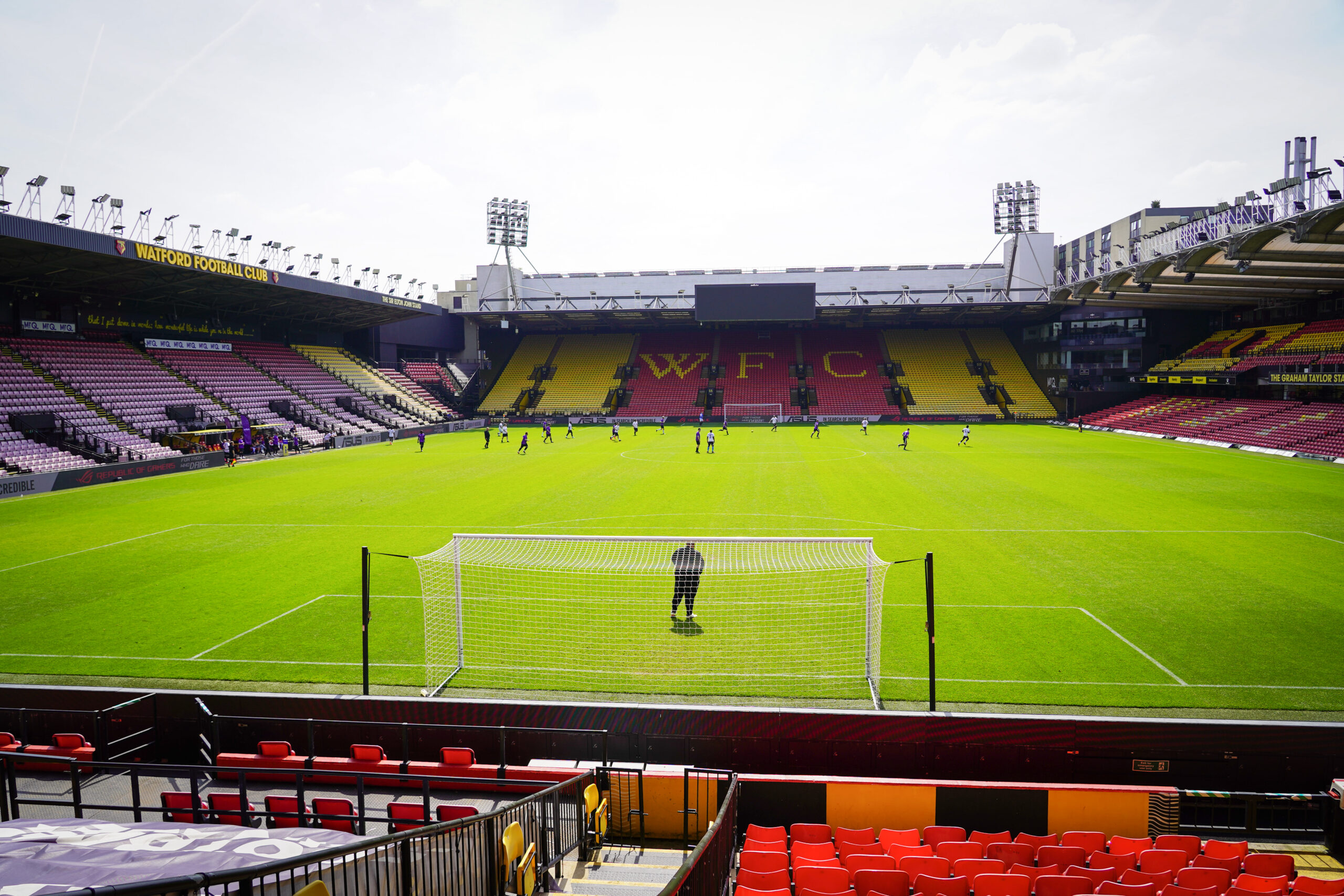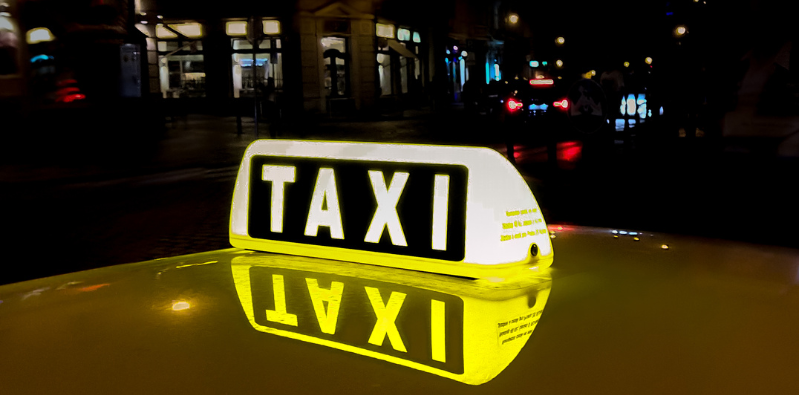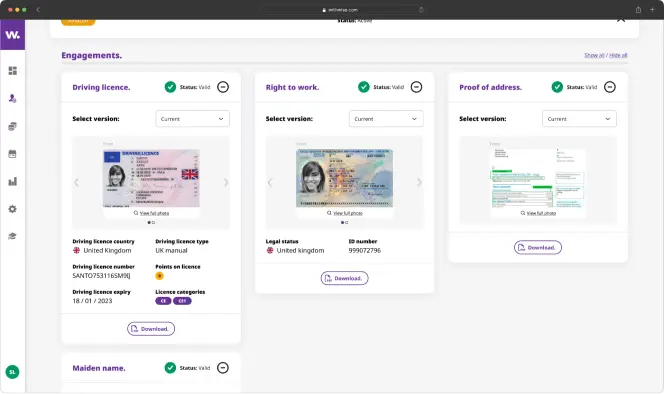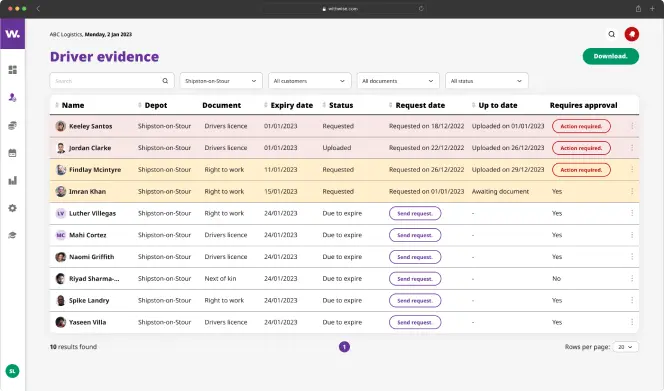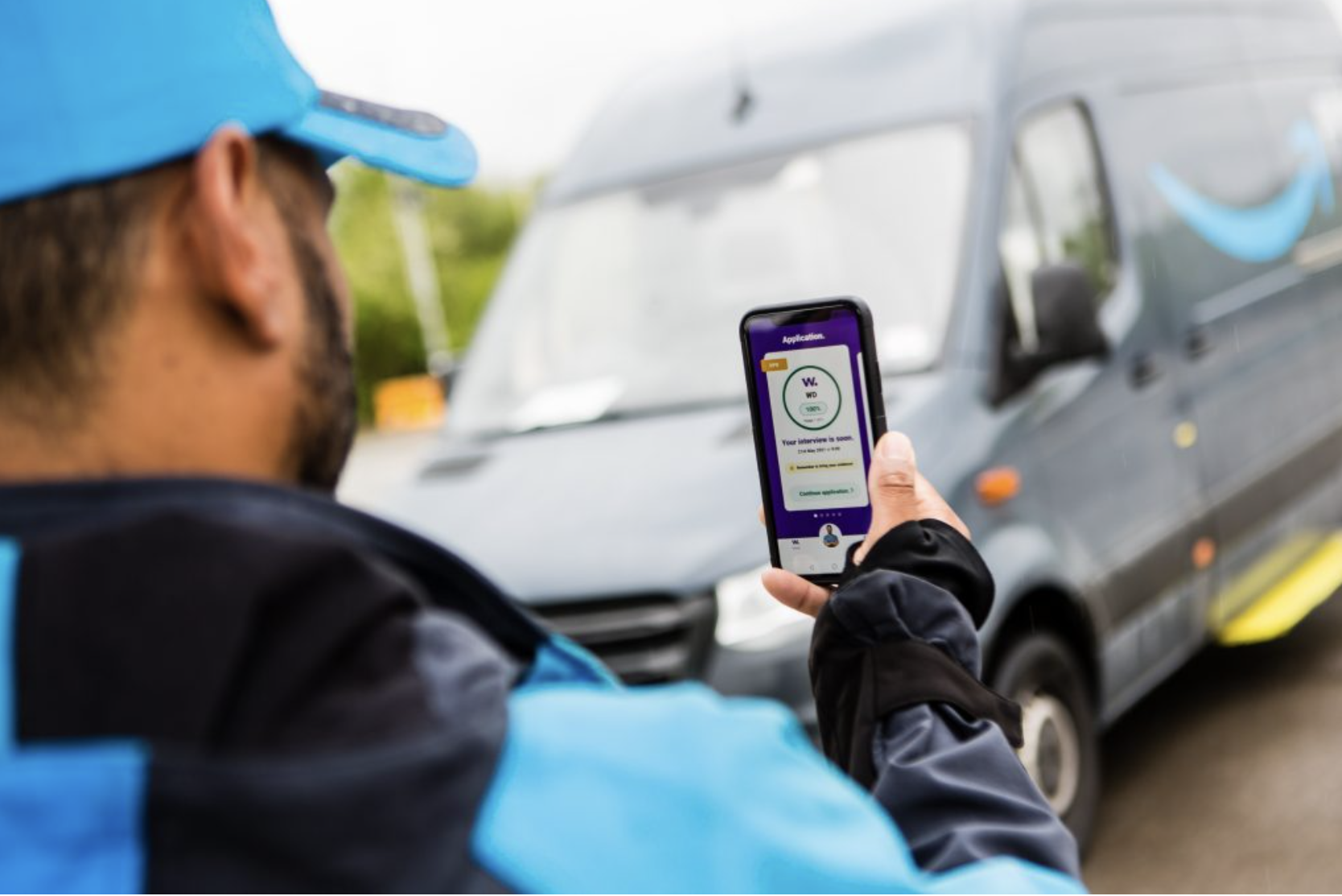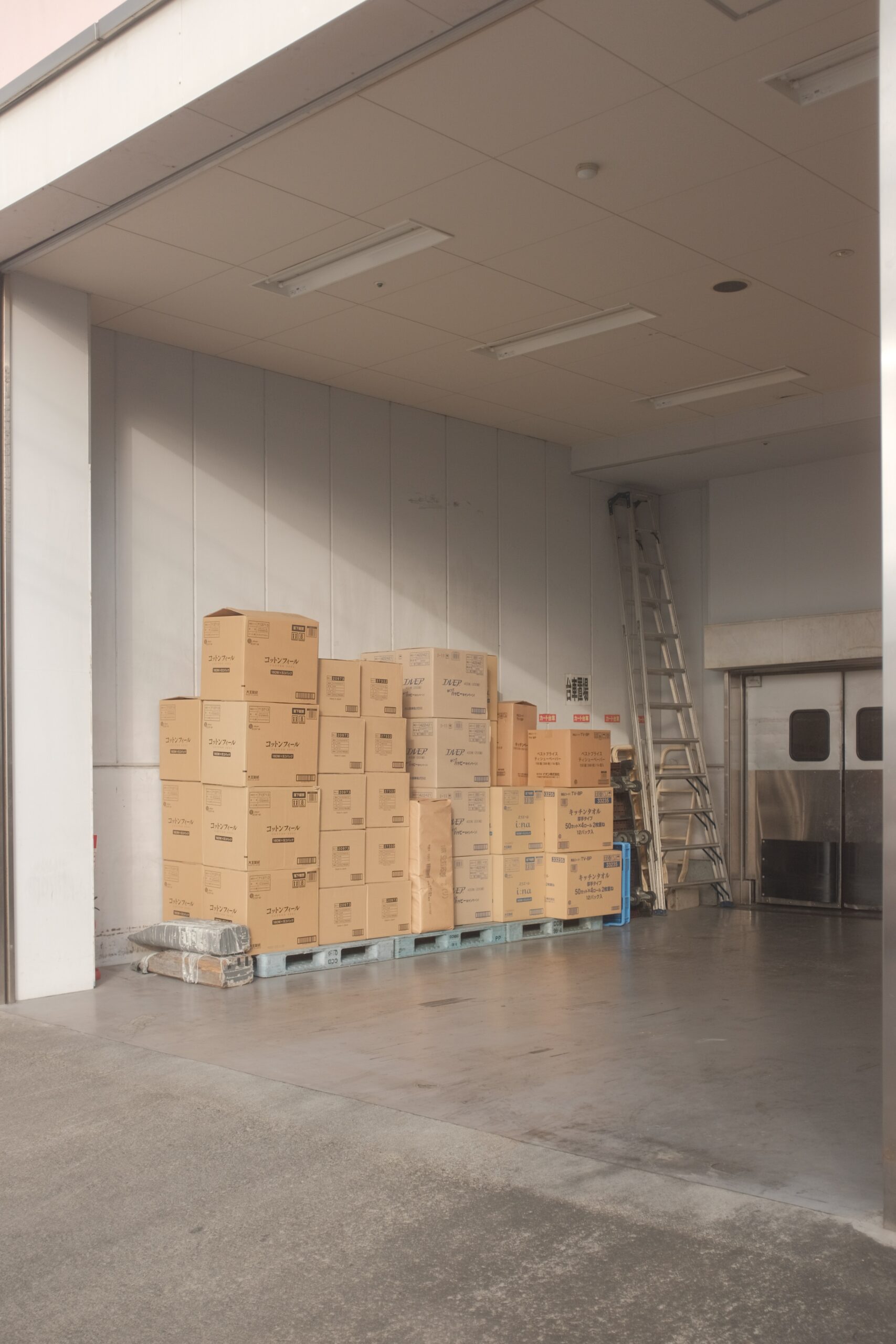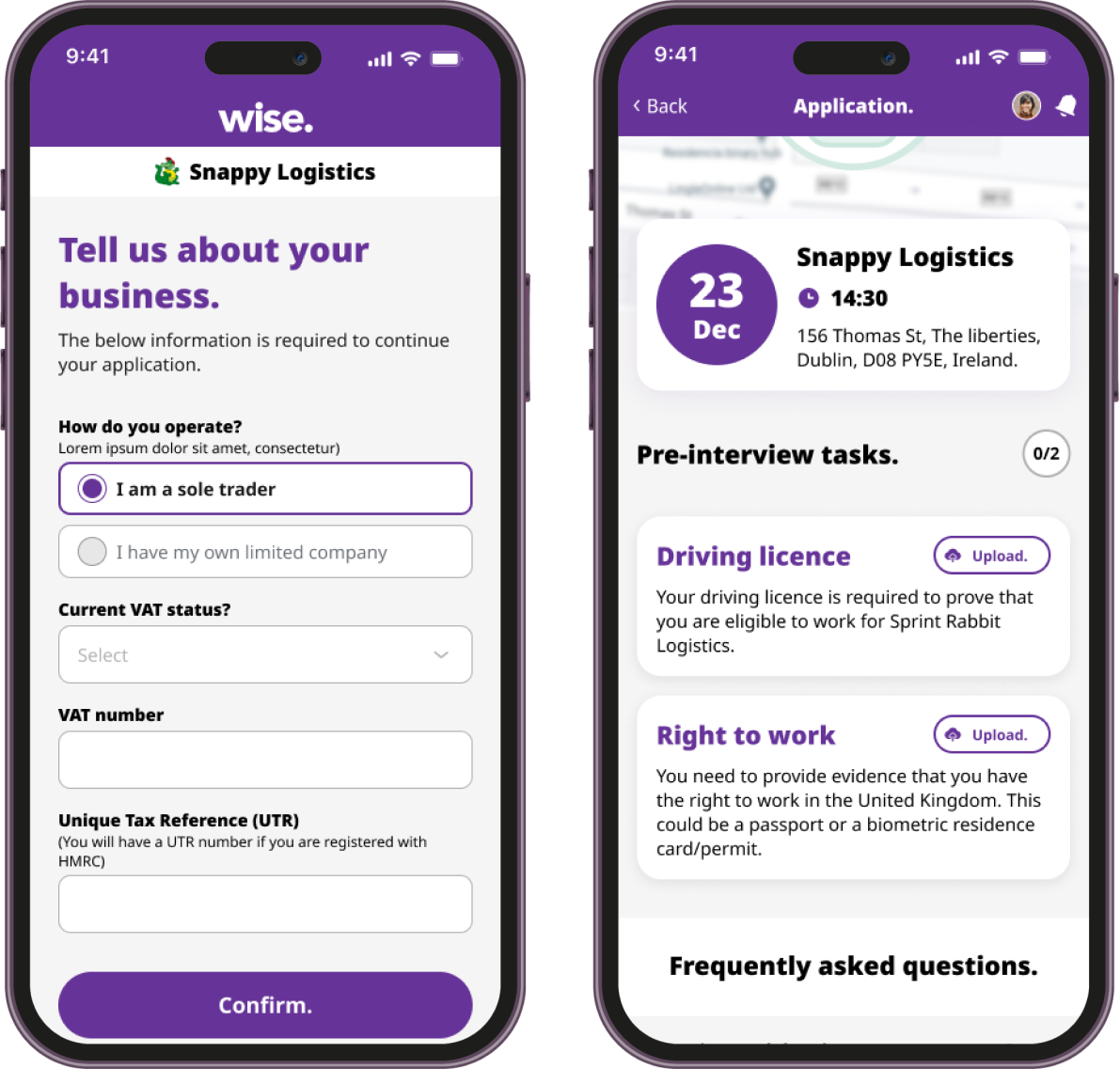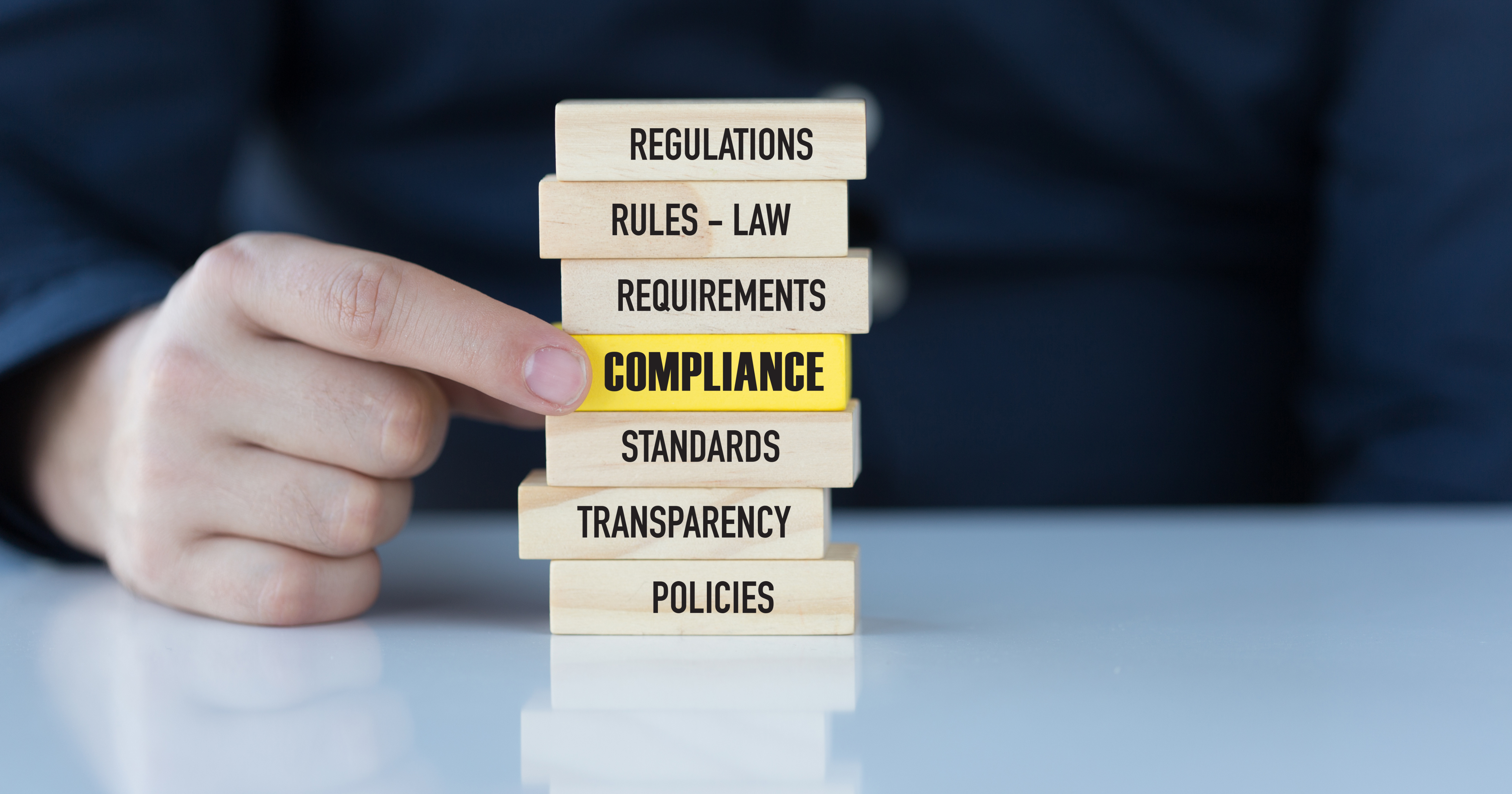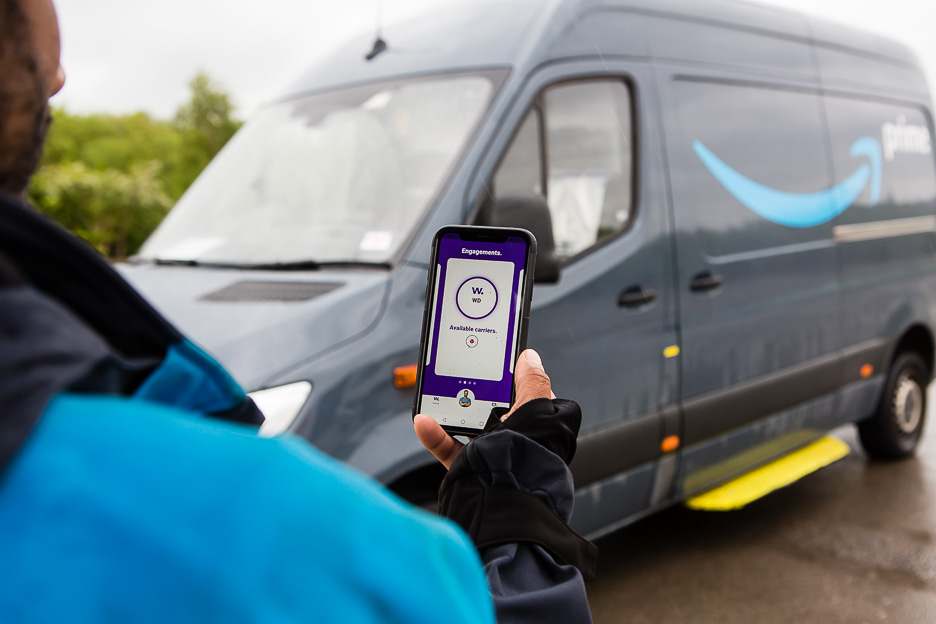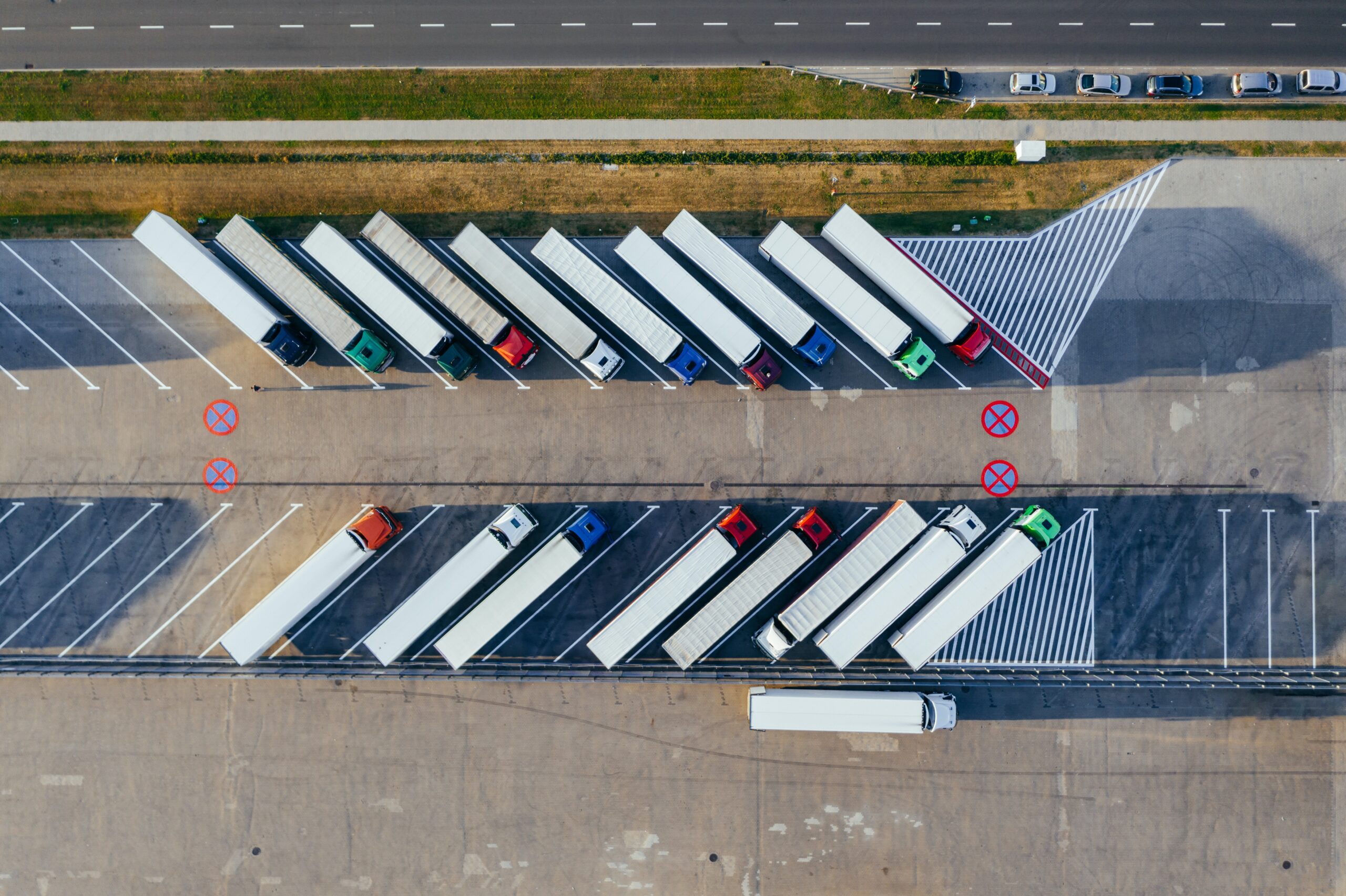
The last-mile sector, the final stretch of the supply chain, is the bridge that connects deliveries to eager consumers. With the explosive growth of e-commerce, this sector has become a dynamic hub of activity. Amid this evolution, compliance has emerged as a vital factor that needs to be taken with the utmost importance.
To outline responsibilities and expectations of self-employed drivers
For last-mile courier companies, having contracts in place with drivers and carefully following carrier and HMRC rules isn’t just a matter of ticking boxes—it’s essential to the success of any courier business. These contracts provide a structured framework that outlines responsibilities, expectations, and the legal relationship between the company and its self-employed drivers. Also, embracing HMRC rules safeguards financial stability and reputation, minimising the risk of penalties and audits.
To safeguard against legal complications
Having correct and up-to-date driver documents securely stored is far more than an administrative task—it’s a shield against potential risks. Ensuring that licences, evidences, and other relevant paperwork are not only accurate but also readily accessible forms a protective barrier that reduces the chances of any issues arising. Compliance in this field translates to safety, as drivers with valid licences and the necessary documents are better equipped to navigate the roads responsibly. Furthermore, this safeguards against legal complications, preventing penalties that could arise from working with self-employed drivers without appropriate documentation.
To prevent penalties from carriers or HMRC
Maintaining vigilance over expiring evidences and documents is a necessity. This proactive approach prevents disruptions that could ripple across the delivery network. By ensuring that drivers’ documents are up-to-date and in good standing, courier companies prevent potential roadblocks that could arise from their carriers or HMRC.
To build relationships
Carriers play a pivotal role in executing last-mile deliveries efficiently. Complying with carrier regulations ensures a smooth partnership, as carriers often impose specific rules and requirements to work with them, ensuring safe deliveries. This often includes conducting background checks on drivers, confirming their right to work, and requesting that drivers present a valid driving licence, to name a few. Failing to uphold compliance can lead to a tarnished reputation for your courier business and strained relationships with carriers.
Improve the compliance of your delivery business with Wise
Wise is an all-in-one last-mile driver management platform that helps UK logistics companies to streamline their onboarding, compliance, and resource planning.
Contract For Services Review
Every time a new client joins us, our expert in-house compliance team conducts a Contract For Services Review, ensuring their delivery business and self-employed drivers are fully compliant. Within this review, our team either assists in making sure the current contract is compliant by providing valuable recommendations or provides a brand-new one tailored to the business’s needs.
Expiring Notifications
Through the Wise Portal, you can keep up to date with all driver documents, ensuring they are up to date and accurate. When a driver’s evidence is close to expiring, you will receive a notification on your Wise dashboard alerting you. From here, you can request your driver to re-upload the latest document, removing the need for manual follow-ups and ensuring your drivers are working for your courier business following the correct compliance rules.
Audit packs
When you onboard drivers through Wise, they are required to submit all documents and evidences digitally, ensuring a seamless onboarding journey. Not only this, but the digital storage of driver documents in Wise means they are readily available with a click of a button to download into an audit pack should any carriers or HMRC request to see them.
Looking to learn more?
If you’re interested in learning more about how the Wise Platform can help ensure your courier business is operating compliantly, schedule a call here with our product experts.
